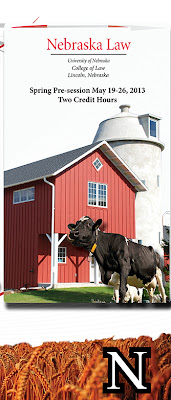Federation of Southern Cooperatives: Response to Times Article on Pigford Settlement
Last week, the New York Times published an article that was highly critical of USDA efforts to settle longstanding discrimination claims and to compensate African-American, Native American, Hispanic, and Women farmers who showed evidence of discrimination under the farm loan programs. U.S. Opens Spigot After Farmers Claim Discrimination , by Sharon LaFraniere. The article alleged widespread fraud in the Pigford case settlement with African American farmers. I have submitted an editorial to the New York Times that corrects some of the errors and misleading inferences contained in the article. If the Times declines my editorial, I will be posting it here. In the meantime, the Federation of Southern Cooperatives produced a point-by-point analysis that refutes some of the specific allegations about Pigford contained in the article. As the Times article is getting widespread coverage, I reprint the Q&A portion of the Federation's response below. The original issuance and the



